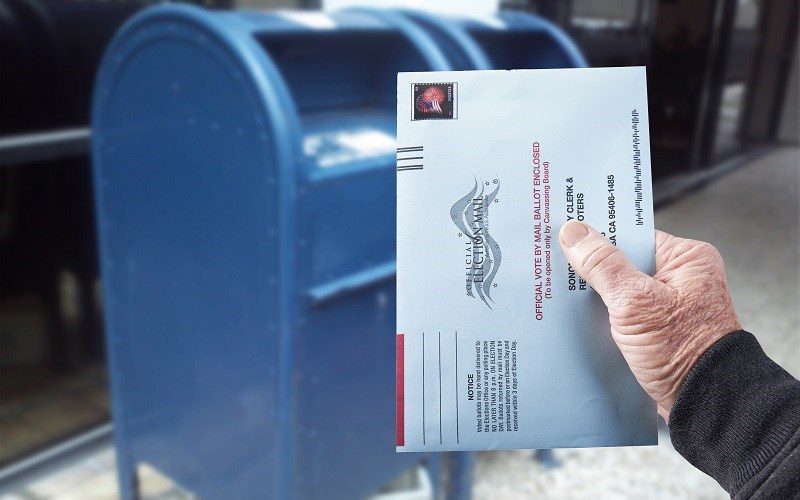Last week, in a 5-4 decision, the nation’s highest court vacated a temporary stay that was protecting Yeshiva University while the justices reviewed the case. In their decision, the justices informed Yeshiva’s leaders they should return to New York's appellate courts and request a speedy review.
Despite the setback, Arielle Del Turco of the Family Research Council says the majority ruling is a procedural matter and not a First Amendment ruling against Yeshiva and its religious rights.
"The Supreme Court does expect,” she explains, “if the state courts don't react quickly, and don't provide expedited relief to Yeshiva University, it will return to the Supreme Court."
AFN reported on Yeshiva's temporary stay, granted by Justice Sonia Sotomayor, in a Sept. 13 story.
Yeshiva, a private university, was founded in New York City in the 1880s. The school is unapologetically Orthodox and teaches from the Torah, which naturally created a legal conflict when students there formed a Pride Alliance chapter.

In the majority ruling, conservative justices Brett Kavanaugh and John Roberts joined with the liberal justices.
In dissenting to the vote, Justice Alito noted that the First Amendment guarantees the right of free exercise of religion. He wrote:
Does the First Amendment permit a State to force a Jewish school to instruct its students in accordance with an interpretation of Torah that the school, after careful study, has concluded is incorrect? The answer to that question is surely ‘no.’ The First Amendment guarantees the right to the free exercise of religion, and if that provision means anything, it prohibits a State from enforcing its own preferred interpretation of Holy Scripture.
Elsewhere in his dissent, Alito complained Yeshiva had turned to the court “as a last resort” but predicted the university would win if enough of his colleagues grant review of the case in the future.
"Justice Alito's defense explicitly stated,” Del Turco points out, “that Yeshiva would likely win if the case comes before the Supreme Court after going through all the proper channels."







